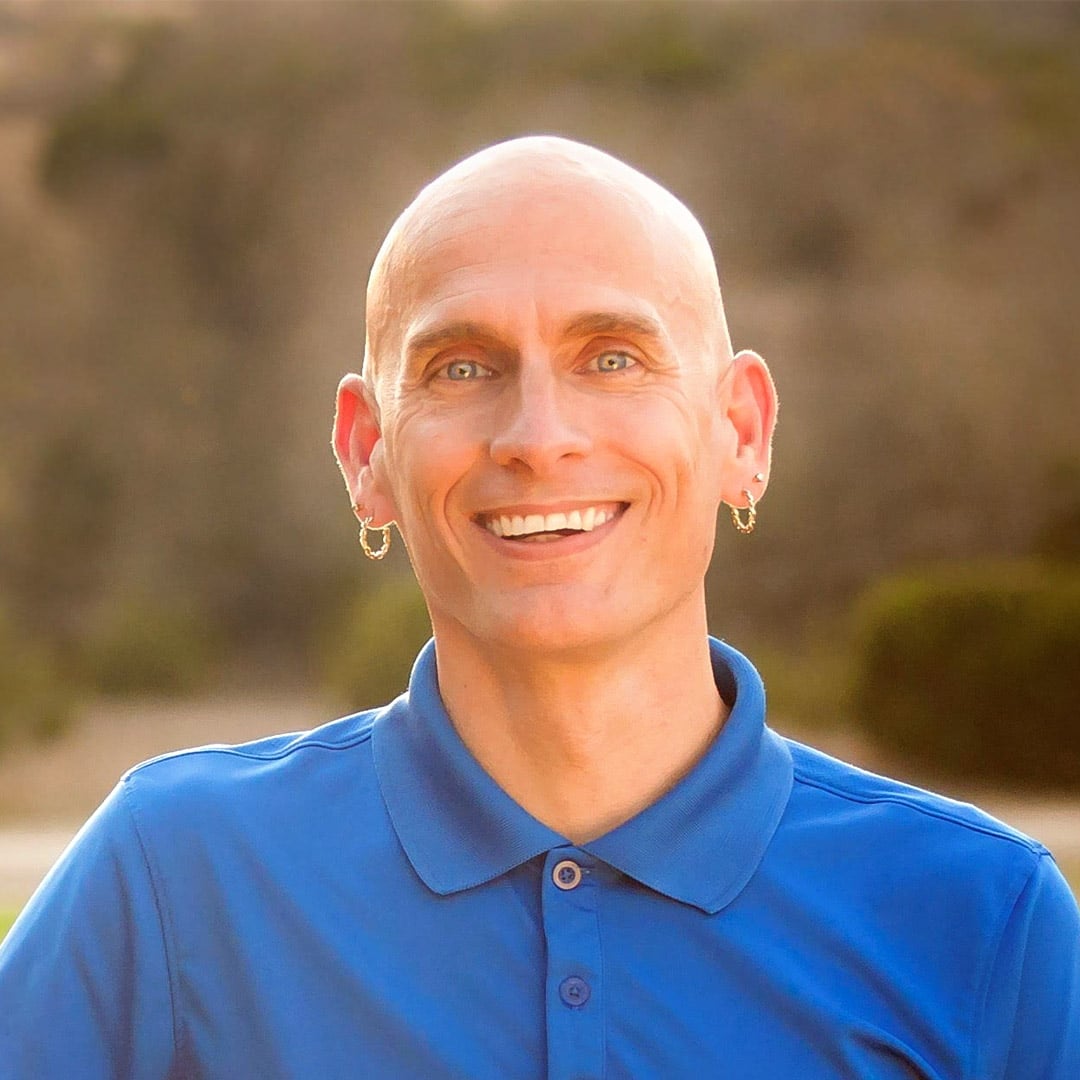|
Getting your Trinity Audio player ready...
|
The last time I spoke with Jerry Snider, our discussion turned into a sales meeting fairly quickly. (I was trying to sell him life insurance.) But for NextGen Collective, there would be no selling involved. I wanted to speak with him about how an All-American distance runner uses his athletic discipline to achieve success off the track and how it has application in the business world.
Snider is an author, entrepreneur, podcast host, coach, and athlete who opened All In Health and Wellness in 2016 with a focus on proper nutrition and sports performance. In 2019, he launched the Confidence Through Health podcast (named after his first book Confidence Through Health), and he released his second book, No More Sugar Coating, in December 2020.
During his collegiate career, Snider was a three-time Louisiana state champion and named All-Southwest Conference and All-Big XII Conference. He still competes nationally in Masters Track and Road Race events, consistently ranks in the top five nationally, and is the 2024 USA Track & Field national indoor champion. Snider has coached twelve individual state champions, won the 2021 TAPPS 1A Cross Country Championship, and helped nineteen athletes compete in college sports programs.
In our conversation, we explore the mindset required for success, the importance of preparation, and the value of seeking help from others. He shares his journey from being an athlete to starting his own business in health and wellness, emphasizing the need for adaptability and mental toughness in both fields. Our discussion also highlights the significance of community support and the necessity of real-world application of knowledge in achieving professional growth.

The Importance of Team Support
How do you think that those characteristics that you built [in athletics] played a part in your success in business? And two, while it is an individual endeavor of starting a business, who’s the team that you’ve surrounded yourself with?
I think as you get older and mature in both the running aspect and the athletic aspect, but also in the business aspect, you realize you’re really not doing this on your own. Whereas I’m the only employee on my business ledger, I’ve got a marketing person that’s helping me with things. I’ve got mentors that help me with different ideas. There’s a team of people that are helping me just like on the athletic side.
I’ve got my physical therapist, I’ve got my chiropractor, I’ve got a massage therapist. I’ve got coaches that I reach out to for, “Hey, what do you think about this idea or that idea?” And the beauty of what I do, too, is as a coach of athletes, I try something out on myself, maybe a workout plan. I try it on a couple of my athletes, see how they respond to it, and really get to fine-tune it.
I think it takes me away from the “book method” to what really works in practical life and in the world. There’s the way that they teach you in school of how this should work, but then you have a conversation with somebody in real life, and real life is going to say, “Oh, it’s different out here.”
Find Your Niche
How did you pivot? What was that process like? What was that discerning period that you decided, “Hey, I’m going to go ahead and pivot over here?”
It’s a matter of pivoting and going, “OK, wait, I need to pivot and change plans.” And that’s the same type of thing that happened with me, with athletics. Because from a running standpoint, there’s sprinters, there’s middle distance, and then there’s long distance.
And then I’m sure people have heard of the ultramarathoners that go off and run 50-, 100-mile races and stuff. And I’m not anywhere near that. Don’t want to be. But I love the middle distance, like the 800-meter to the mile. Those races as you get older, of course, you get slower.
It’s just a natural piece, and that progression to slowness happens differently for different people. I would love to still be able to compete at the level that I’m competing at in the 800, and I just can’t get there. And so as much as I love it, I pivot and I go, “Oh, but if I run the two-mile or the 5K, I can be one of the best in the world in my age group in the 800.”
Turn Your Mind Off
What made you decide to seek outside counsel versus just trying to solve the problem on your own?
I actually had this conversation yesterday with one of my athletes. One of the things when it comes to running a 5K race or 10K race—especially in a cross-country setting or a road race setting where you see people from a crowd standpoint at the beginning of the race—you don’t have to worry about the beginning of the race because the spectators are there to help you. You don’t have to worry about the end of the race because the spectators will carry you through.
What you have to worry about is when you’re off by yourself and if you get stuck in what we call no man’s land, where there’s a pack of people fifteen or twenty yards in front of you and there’s another pack that’s fifteen or twenty behind you.
And you’re just like, “Oh, this stinks. I’m running by myself.” And you get [in] your head, and you start thinking about how much it hurts, how much more you got to get a run, like all these things and you start slowing down. Turn your mind off. You’ve practiced these things. Just go run, just push yourself. Do everything you’ve got to do to catch the group in front of you and let them pull you the rest of the way.
There’s people that maybe haven’t done my specific passion, skill set, niche marketing, whatever they’ve been through in business. [But] they’ve been through those slumps; they’ve been through the tough times, so I just have to get out of my head and catch up to them.
Honor Your Preparation
How could we translate that [race preparation] into the way that we approach our professional careers?
I think, especially in today’s world because I’ve seen it when I was in middle management, there’s a lot of people that are like, “OK, this job’s beneath me. I need to move on. Let me take the next jump. Let me find the next promotion.”
They move to the next one, move to the next one, move to the next one. And I think we’re going to see a flip in, in the next couple of decades, where people that have stayed at jobs a really long time are going to start to get a lot more money not just because from a longevity standpoint but because of that ten-thousand-hour rule is going to kick in. You’re connected to everybody.
You’re in your job that you believe is the right fit for you. So now, what do you do? Do you wait until a year and a half or a year to go, “OK, now let me start thinking about what I’m going to do,” or “hey, you got the opportunity today. Go ahead and start.” Cause one of the things that I say—it’s one of my taglines and it’s the title of the next book that I’m writing actually—is honor your preparation.
When you get into a race, all you’re doing is honoring the preparation that you’ve put into that, whether the prep was good or bad, right? If you didn’t prepare well enough, your body’s going to honor what you didn’t do. But if you prepare well, you don’t have to be sure. You’re going to be nervous, of course, but you don’t have to be overly nervous or worried or concerned.
Expect Highs and Lows
How do you execute well in the race, and how can young professionals execute well in their professional careers?
You got to start out a little bit fast. You have to be aggressive. You got to say, “OK, here’s my business. I’m going to hit everybody over the face with it. I’m going to the market. I’m going to ask you about it.” You’re like, buy my product, buy my services—whatever it is.
I’m aggressive. [But] I know that trouble is going to come. I know there’s going to be a slow point. I’m going to slow down. It’s just natural. And when it comes to running, I think anybody that’s ever run anywhere knows you’re going to get tired and it’s going to slow you down.
And so when it comes, that’s when it’s mental. And if I don’t have that mental game sharpness, then I know I’m going to get slower and slower.
So as soon as that second quarter of the race starts, it’s all mental. And it’s just that mental push. And it’s just hanging on. Because I know if I could get to the last quarter, I’m going to sprint it out. And it’s going to be fast.
Get Out of Your Head
Is there any lasting advice to impart before we wrap up?
I think the biggest thing is don’t get too stuck in your head. Get help from other people that have been there when you think, “OK, wait, I’m stuck. I’m starting to think about these things too much. I’m ruminating too much. It’s time to seek somebody else’s advice.”
You don’t necessarily have to take their advice, right? But you’re at least getting that communication started to where something’s going to trigger and go, “Oh, wait, I just unlocked the code.”
Now we move forward.
This interview has been edited and condensed. You can view the full interview here. Follow Jerry Snider on Instagram, Facebook, LinkedIn, YouTube and X.
Benjamin Gomez is a management consulting analyst at Sendero Consulting. In 2023, he was named an honoree of the NextGen Collective 30 Under 30 award. He also hosts BRÜTalks, a podcast that covers career success, business etiquette, and social networking.

